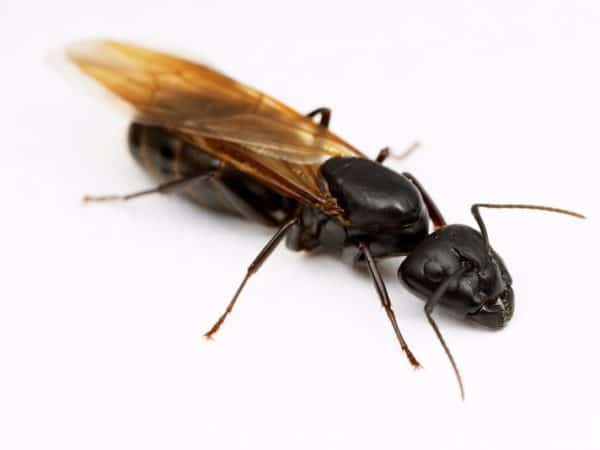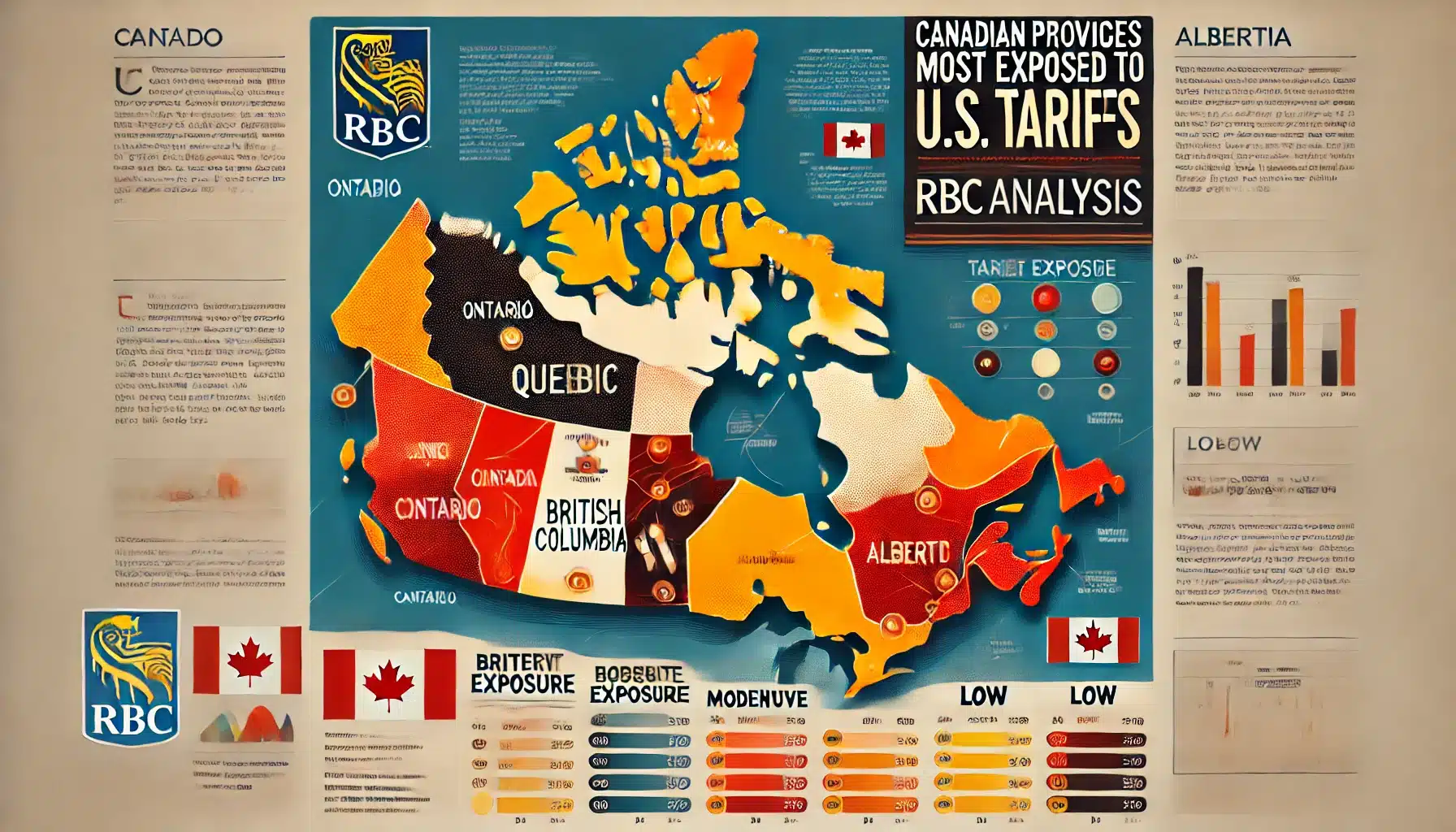
 Is climate change causing us to bring out the bug spray already?
Is climate change causing us to bring out the bug spray already?
Canadians are dealing with record numbers of insects for this time of year, all thanks to an incredibly mild winter and early spring. Already people are seeing flying ants, wasps, moths and bees out a good three weeks earlier than usual.
“It was almost as if winter was cancelled,” says David Phillips, senior climatologist with Environment Canada. The winter of 2015-2016 was the warmest on record -thanks to both climate change and El Niño- which has translated into an earlier arrival of fully matured insects.
As cold-blooded creatures, insect behaviour is particularly influenced by the weather. “Mosquitoes, black flies, etc. that overwinter in immature stages will all become active earlier in the spring/summer,” says Gard Otis, a professor at the University of Guelph’s School of Environmental Sciences.
Scientists report that for bees in particular even as they are emerging from hibernation at an earlier date, the warm and dry winter will likely spell trouble, as a lack of moisture will keep plants and flowers from producing their normal amounts of nectar, a vital food source for bees.
Brian Royal, owner of a bee supply company in the United States says, “We need some rain. If everything’s dried up, they can’t run down to the local McDonald’s and get something. They’re just out of luck.”
The National Oceanic and Atmospheric Administration has stated that this past March was the hottest ever for the month at an average global temperature of 12.7 Celsius, which was 1.2 degrees Celsius warmer than the 20th century average. While remarkable these numbers are only part of a growing trend for the planet, as global temperatures have been on a streak of 11 months in a row of posting the hottest on record, going back to last May. This March also saw the smallest winter maximum for sea ice in the Arctic and the smallest snow cover for the month of March in the Northern Hemisphere.
In Canada’s Prairies, farmers are worried as the warm and dry winter will mean a poorer season for both crops and livestock. Parts of southern and central Alberta experienced drastically low levels of precipitation accumulate over the winter, and already the province is seeing wildfires start up a month earlier than usual, necessitating a province-wide fire ban. Dave Phillips, senior climatologist at Environment Canada, says that Calgary, Alberta, saw just 17 per cent of its normal level of precipitation over the past three months.
“On the prairies, we saw the third-warmest [winter] in 70 years, the second-driest, and that’s like a double whammy,” says Phillips. “When you have that warm, warm air, it’s going to evaporate and suck every bead of moisture out of the ground and when you’re not adding to it, it just exacerbates the situation.”
Today at the United Nations in New York City over 160 countries, including Canada, are expected to sign the Paris Agreement on climate change. “We are in a race against time,” said UN Secretary General Ban Ki-moon at the opening ceremony.
Comment
One thought on “Climate change means bugs and insects are arriving earlier this spring”
Leave a Reply
You must be logged in to post a comment.


 Share
Share Tweet
Tweet Share
Share



This garbage copy and paste journalism is criminal level exaggeration of climate change science.
Get up to speed;
Occupy no longer even mentions CO2 in it’s list of demands. Stop fear mongering.